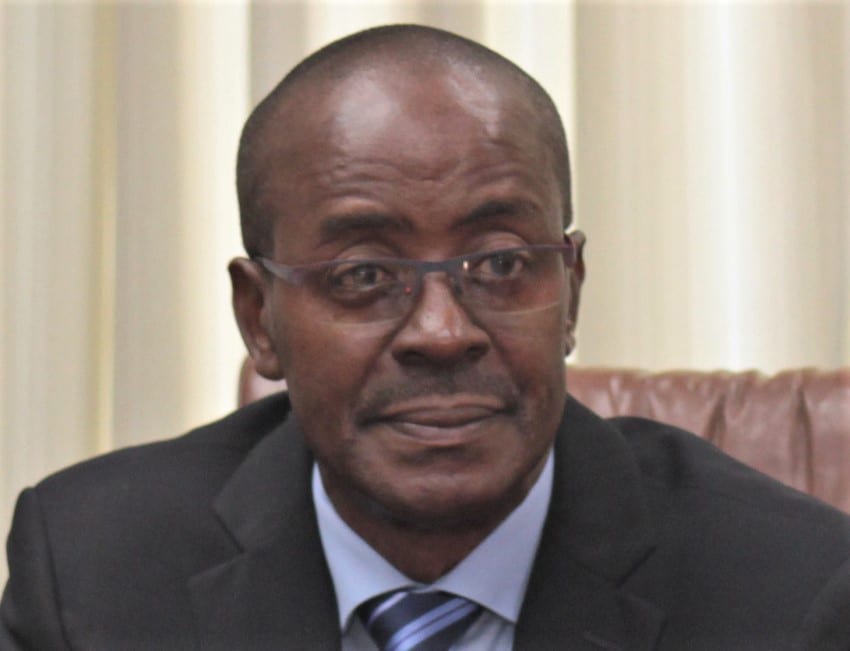
Chief Economic Counsellor and lead negotiator with the IMF, Ambassador Dr. Clyde Mascoll. (FP)
Statement from Chief Economic Counsellor and Lead Negotiator With The IMF, Ambassador Dr. Clyde Mascoll
It is difficult to understand Mr. Stephen’s shattering investor confidence comment. The greatest threat to investor confidence was a possible devaluation of the Barbados dollar. The Barbados Economic Recovery and Transformation programme is designed precisely to protect the value of the dollar which should instil not shatter investor confidence.
The biggest threat to the pensions of civil servants was the refusal of the last administration to pay the contributions of civil servants to the National Insurance Scheme. The government was in arrears to the tune of almost $500 million.
The financial health of the NIS is tied into the macro economic framework of the Barbados Economic and Recovery Transformation (BERT) plan. The proposed hair cut to the NIS is equivalent to 1 and ¾ years of contributions. The last administration did not pay for the civil servants for the last four years.
The net impact on NIS is about $800 million which is equivalent to the debentures and treasury notes that the NIS was forced to take in settlement of the arrears, which the previous administration and the State-Owned Enterprises owed the Scheme.
The 15th Actuarial report at page 25 shows that the sensitivity analysis confirms that the financial health of the NIS has not been compromised by the debt restructuring. The government’s pension for those under the age of 45 cannot be an issue as suggested by Mr. Stephen.
The new debt instruments are not crappy. They are designed to save $500 million in expenditure. This is done via a reduced interest rate and extensions of maturities. In the circumstances, the proposed strips are expected to give bond holders access to their original investment before the end of the maturity period. This is creative and respects the time value of money.
Furthermore, the interest rate on the new debt instrument rises, periodically, in recognition of the need to restore confidence to the market. The biggest deterrent to investing in government paper is a very low interest rate. The latter is being increased over time. Furthermore, given the deposit rates in the banking system, the rising interest rate on the new debt will be a more attractive option.
Surely Mr. Stephen should know that the payment of salaries to civil servants cannot be threatened when the government is running primary surpluses of 6 per cent. This needs no explanation.
There will be no need for banks to hold excess reserves in an environment of rapidly declining government debt. Mr. Stephen seems not to be the one who has confidence in the recovery and transformation programme.
It is agreed that the restoration of economic growth is critical. It is also agreed that both local and foreign direct investment are important for the generation of an export-led economic recovery programme. In this regard, it should also be noted that the government’s capital expenditure programme is larger than anything presented to the public over the last decade.
In the circumstances, the current government should be lauded for its energy, preparedness, inspiration and courage, not picked at by trained economists who were advisers to the last administration.
